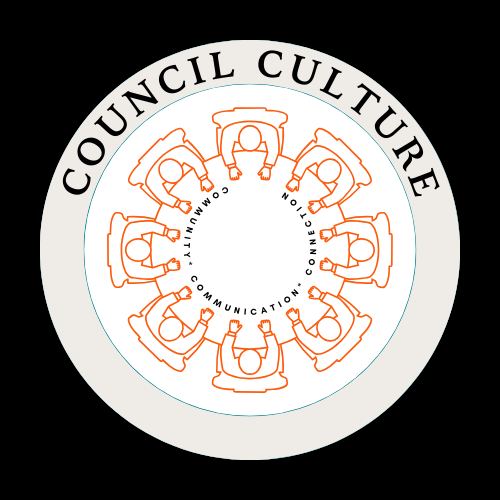Why Councils Feel Hard to Reach (and How to Change That)
Why Councils Feel Hard to Reach (and How to Change That)
We often talk about “hard-to-reach communities” in local government, but what if we flipped the lens? What if the real challenge isn’t that communities are hard to reach, but that councils feel unreachable?
Before I worked for a council, I saw them as faceless, formal bodies that didn’t speak to me or for me. They felt a bit stuffy, maybe even middle class, and certainly not somewhere I imagined having a voice. That perception isn’t just mine, it’s common among residents who have never interacted with their local council beyond paying council tax or reporting a missed bin.
So how do we change that? It starts with understanding why the disconnect exists.
Councils Are Culturally Distant, Here’s Why
Historically, local government has been shaped by a professional culture rooted in formality, process, and hierarchy. Language has been a big part of that. “Councilese” is a term we often use to describe the insider jargon and complex phrasing that crops up in documents, job descriptions, and public reports. Words like “elected members” or “statutory consultation” don’t exactly invite warmth or clarity.
This language barrier is more than just an annoyance; it’s exclusionary. People with English as a second language, people with dyslexia, people who didn’t grow up navigating formal institutions, and many working-class residents can feel alienated by the way councils speak.
There’s a legacy of exclusivity, too. Governance structures were historically designed for people from more privileged backgrounds, often privately educated, well-versed in formal language, and comfortable with bureaucracy. While the sector has evolved, these cultural hangovers still linger in the way we present ourselves.
Reaching Out Means Making Ourselves Reachable
The solution isn’t just outreach, it’s introspection. Councils must ask: Are we easy to understand? Are we welcoming? Are we relatable?
Some practical shifts include:
Using plain English in all public communications
Explaining acronyms and procedures clearly
Designing signage, posters, and newsletters with accessibility in mind
Making space for emotion, humour, and human connection in how we write and speak
It also means changing where and how we show up. Instead of always inviting people to us, we can go to them. Attending community events, visiting cultural hubs, showing up in schools and libraries, these are acts of visibility that make councils feel less like an institution and more like a neighbour.
Belonging Starts with Invitation
When councils feel exclusive, they discourage involvement. But when we show people that we see them, hear them, and speak their language, we open the door to true engagement.
Community engagement doesn’t begin with a survey or a consultation. It begins with a sense of welcome. And that welcome has to start with us going out to the meetings of other groups, of being seen at events and being in the community we serve rather than stilling with an open door that feels too uncomfortable for most to enter.
